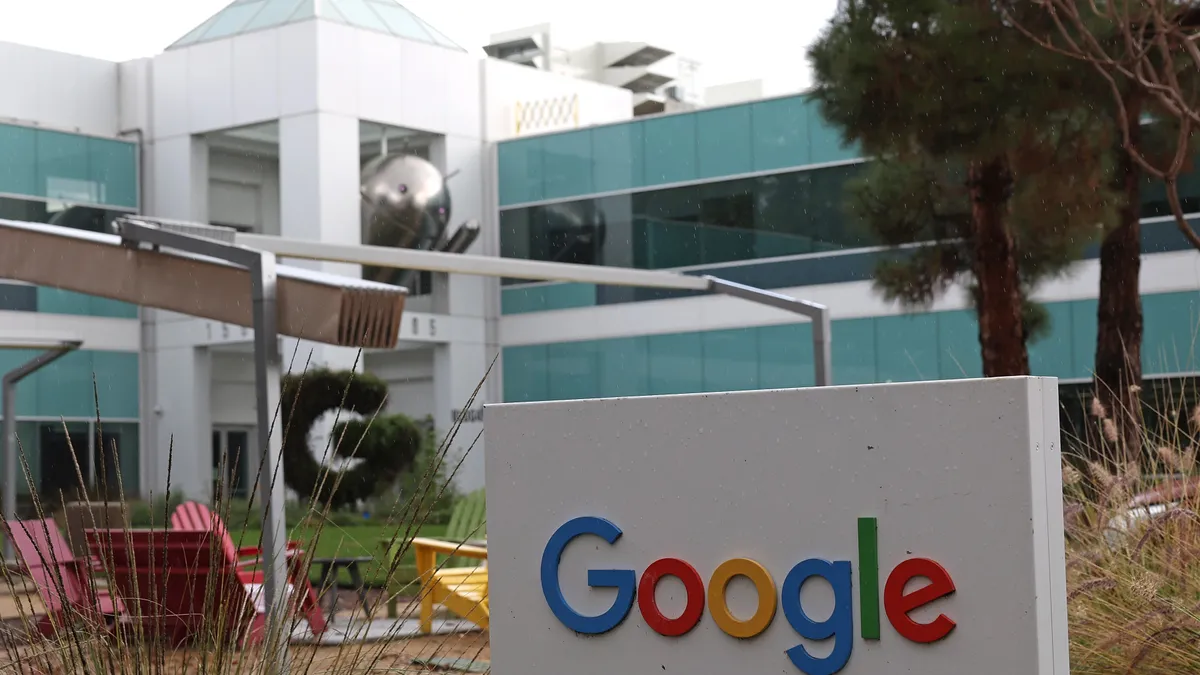Dive Brief:
- The pay gap for black technology workers widened while Asian technology workers out-earned their white counterparts, according to a Hired survey of more than 1,800 tech workers on the company's platform.
- Per the report, the average annual salary for black tech workers was $124,000, compared to $128,000 for Hispanic employees, $135,000 for white workers and $137,000 for Asian employees. The discrepancy between pay for black and white tech workers was $5,000 more in 2019 than the prior year.
- Workers disagreed on the value of advanced college degrees. When asked whether they thought their master's or doctorate degrees impacted their career, 31% of respondents said they would have the exact same job without their degree, while 25% said they wouldn't have their current job without it and 23% said their degree led to higher earnings. A separate question showed 45% of respondents thought on-the-job experience was more valuable than additional schooling.
Dive Insight:
The tech industry has a history of diversity scandals and companies are taking on issues like intersectionality, even if it's been a slow trek.
In 2017, Adobe announced it reached pay equity in the U.S., after being one of the first companies to sign the Equal Pay Pledge under President Barack Obama in 2016. Salesforce spent $6 million to close its gender pay gap. Other companies are experimenting with reviewing unnamed resumes to avoid unconscious bias during the hiring process.
However, wages tend to peak earlier and at lower levels for women and people of color across job categories. A separate 2018 report showed the wage gap is particularly problematic for black women.
Women are outnumbered by their male counterparts across the board, from entry-level tech jobs to the C-suite. Over the last 20 years, the number of women earning computer science degrees dropped from 30% to 10%, with women of color earning even less.
Hired's report noted the shift towards accepting in-demand skills and experience in place of college degrees, a growing trend among employers struggling to source talent in a tight labor market.
The firm pointed to PayPal, Google and Apple as examples of employers that now put less emphasis on education as a job requirement, opting instead for job experience.















